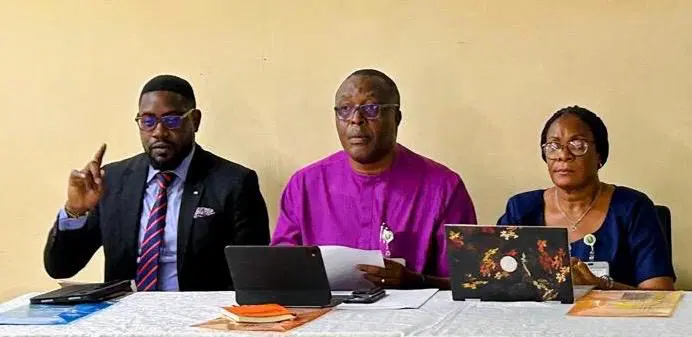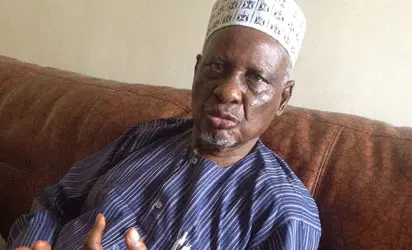Now Reading: Health Journalism Is a Matter of Life and Death, Dr Agatha David Warns Nigerian Reporters
-
01
Health Journalism Is a Matter of Life and Death, Dr Agatha David Warns Nigerian Reporters
Health Journalism Is a Matter of Life and Death, Dr Agatha David Warns Nigerian Reporters

Health journalists in Nigeria have been urged to treat their work as a life-saving mission, not just a storytelling craft.
Director of Research and Consultant Paediatrician at the Nigerian Institute of Medical Research (NIMR), Dr Agatha David, made the call during a two-day capacity-building workshop organised by the Health Writers Association of Nigeria (HEWAN) in collaboration with NIMR and Roche Nigeria.
Dr David described health journalism as “a matter of life and death,” stressing that reporters must wield their pens like surgeons’ scalpels — to cut through misinformation and safeguard public health.
“Every health report carries the power to heal or to harm. The primary purpose of health journalism is to defend society against disease and deception,” she said.
“Every health reporter should see themselves as a public health practitioner. Choose accuracy, choose responsibility, choose truth.”
She warned that misinformation in the digital age is as dangerous as any virus, recalling an incident where a woman believed a false online claim that vaccinated people spread more diseases than the unvaccinated.
“When I investigated, there was no author, no date, no journal — somebody just made it up. That’s how deadly misinformation can be,” she said.
Dr David emphasised that while vaccines may have minor risks, decades of scientific evidence prove their overwhelming benefits. “Maybe one in a million — the benefits far outweigh the risks,” she added.
Turning to Nigeria’s disease landscape, the health expert painted a sobering picture. She said infectious diseases remain the country’s leading killers, while non-communicable diseases such as diabetes, hypertension, and cancer are rising sharply, creating a “dual burden” of disease.
“Nutritional disorders, maternal and child health issues are major health concerns,” she noted, listing HIV, tuberculosis, and malaria as Nigeria’s “big three” diseases. She also warned about the re-emergence of diphtheria and measles — a direct consequence of misinformation and declining immunisation rates.
“They are coming back, and we need to know why,” she said. “Malaria remains a major killer — almost every Nigerian is at risk all year round.”
Nigeria, she explained, accounts for 27% of the global malaria burden and 31% of malaria deaths worldwide. She urged citizens to adopt preventive measures such as insecticide-treated nets, indoor spraying, seasonal preventive medication for children, and prophylactic therapy for pregnant women.
Dr David praised the phased introduction of the malaria vaccine in Kebbi and Bayelsa States as a major milestone in Nigeria’s public health journey.
Her message to journalists was clear: in a world where misinformation spreads faster than any disease, truthful reporting can save lives.




